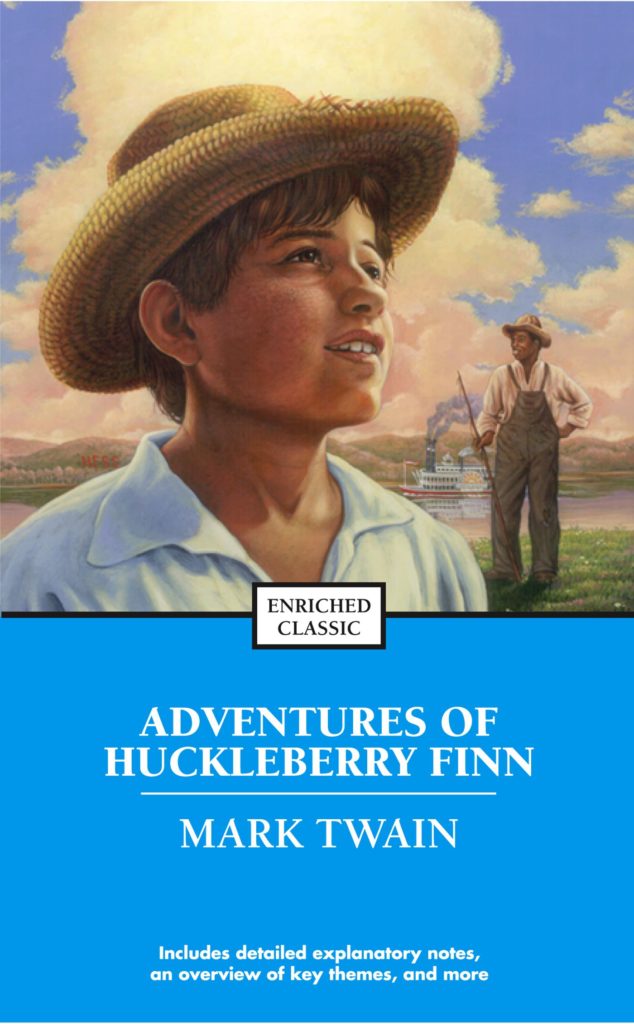There is no right to a captive audience

Harvey Silvergate and — I cannot tell a lie — Randall Kennedy have taken to Skull Calipers Quarterly to issue on of the most ridiculous Campus Cancel Culture diatribes yet:
As soon as Silverglate pronounced the name of Kennedy’s book, an audible murmur was heard from the audience. Silverglate tried to explain why it was essential that he pronounce the actual title of the book, rather than the frequent substitution, “the n-word.” He intended to point out that if one followed the fashionable rule that the infamous n-word could never be appropriately uttered in full under any circumstances, one would have to leave gaps in the writings and performances of, among others, James Baldwin, Martin Luther King, Jr., Malcolm X, Toni Morrison, Eudora Welty, Mark Twain, Richard Pryor, and Lenny Bruce. But amidst the clamor, a substantial part of the audience walked out, although a few students did remain after the lecture to discuss or debate points with Silverglate.
[…]
The lessons taught by this sad tale are sobering. One is that it is apparently acceptable for students to signal their disagreement with a speaker by walking out of an assembly rather than subjecting his or her ideas to the testing that vigorous dialogue allows.
There should be a term for “asking a rhetorical question that has an obvious answer different than the one being implied.” Of course it’s acceptable to walk out of an assembly if you’re offended by what the speaker is saying. There is no possible coherent definition of “free speech” under which it is not acceptable. (One of the many problems with the Intellectual Horse Paste Web definition of “free speech” is that it is perpetually at war with the freedom of association.) A speaker has no “right” to ongoing access to a captive audience. “Free speech” means you have the right to use the n-word in front of an audience of students to prove….some kind of point about something, and it also means that the students have the right to think you’re an asshole and to express this sentiment by leaving the room. This is not a difficult question, unless you think the “marketplace of ideas” means that “the most powerful person in the room has a de facto monopoly,” which is indeed what so many “cancel culture” complaints boil down to.
What fatuous self-pity. Let us pass, quickly, the embarrassing notion that Mr. Silverglate — Harvard Law professor, ACLU board member, lifelong skilled advocate — is complaining, Ben-Shapiro-like, that Those High School Kids Won’t Debate Me. The students didn’t shout Mr. Silverlake down. They didn’t prevent anyone else from hearing him. They didn’t demand he be censored. They walked out. Walking out is a time-honored method of student protest. It’s historically resonant, evocative, and effective at attracting attention and provoking discussion. It’s a classic form of dissent and protest that’s available to people, like students, with less power in the face of people, like Mr. Silverglate, with more power. Mr. Silverglate knows that. He was a member of the board of the Massachusetts chapter of the ACLU, and the ACLU — including his own chapter — has repeatedly addressed the First Amendment limits on public school punishment of walkouts.
[…]
Walking out isn’t shouting down or blocking. Moreover, Mr. Silverglate and Prof. Kennedy apparently believe that dropping the n-word is acceptable but walking out on Mr. Silverglate for dropping it is not “acceptable.” They seem to posit a known and absolute standard of decorum under which one is proper and the other just isn’t. They do not seem to acknowledge that some people may be as passionate about the n-word being inappropriate at school as they are passionate that it’s proper, or that people who feel that way have a legitimate interest in expressing their dissent. They don’t seem to recognize the irony of decrying incivility in the context of a fundamental dispute over what’s civil. Nor do they consider that even if we agree that the n-word can be appropriate at school, that people might disagree about whether a particular use is pedagogy or mere provocation, education or edgelordism. One senses that the authors believe their role is to dispense wisdom and the role of the students of Milton Academy is to sit there and take it.
If students are highly skeptical of white guys who are anxious to develop elaborate “pedagogical” justifications/rationalizations for repeatedly saying the n-word in public, that speaks very well of their critical thinking skills. If they’re even more skeptical when they immodestly invoke Twain and MLK in defense of using racial slurs in their rote cancel culture rants, good for them again.
